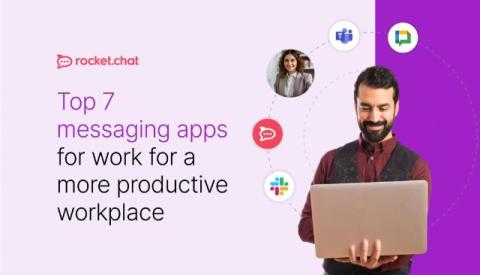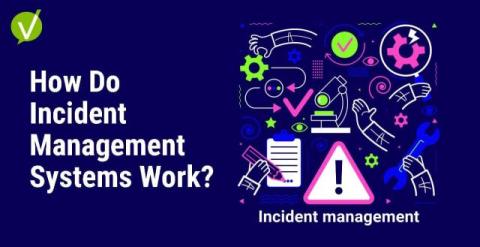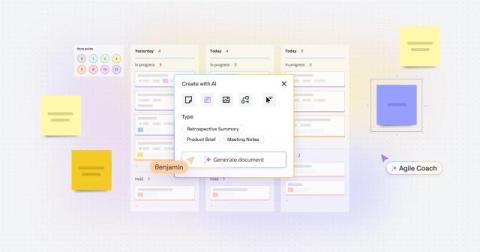How to give (and take) constructive criticism
Criticism, though often difficult to accept, is key for personal and professional growth. Constructive criticism is feedback that is specific, actionable, and focused on improvement rather than personal attacks. What if we told you you’re not perfect? Obviously, you know that already—but it still kind of stings. Criticism of any kind can be hard to swallow, especially when it comes to something you spent time and energy on. Inherently, we all want to do a good job.










